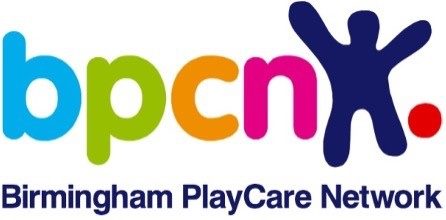Probably like everyone else, we initially greeted the news that there would be another General Election in June with a groan. At the time of writing the various parties haven’t yet published their full manifestos, so we cannot comment on how they compare with regards to their impact on our sector.
However, it is worth remembering that the DfE’s recently announced funding round for schools has seen dramatic drops in funding for many, many schools across the country. (In our immediate area alone, we have seen the small, local primary school facing a shortfall of £400 per pupil, which means they may lose their headteacher.)
Those of us with children of school age will be alarmed at what this sharp drop in funding means for the quality of our children’s education, but those of us running out of school clubs on school premises should also be very concerned.
Schools are now desperate for alternative funding streams, and that makes clubs more vulnerable than ever before to dramatic hikes in rent, or to being taken over by schools which see them as a source of easy money.
Just something to bear in mind when you come to vote in June…
Source: Out of School Alliance.
